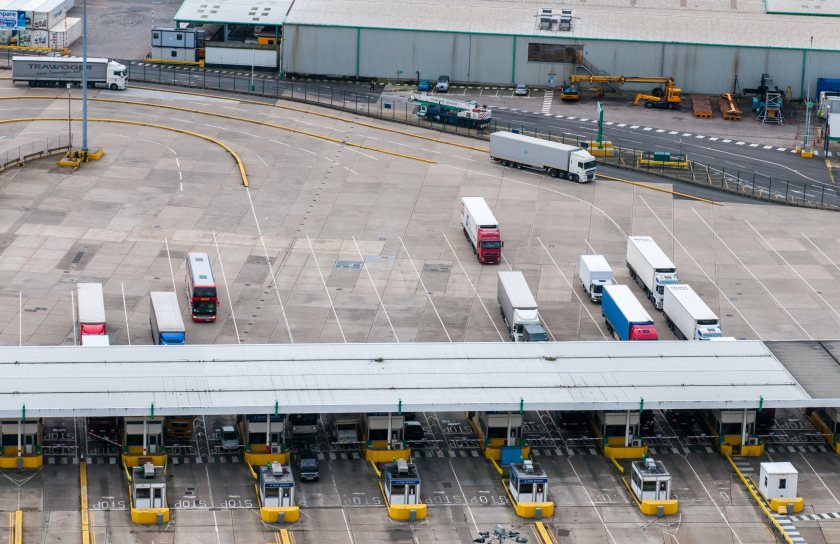
The government has been urged to negotiate a new deal with the EU as post-Brexit 'veterinary failures' are costing the industry millions of pounds per year.
Inconsistency and inaccuracy in veterinary controls are 'crippling' the UK meat industry, the Association of Independent Meat Suppliers (AIMS) has warned.
The UK’s largest trade body, which represents all parts of the meat and poultry sector, said the situation 'is untenable'.
The failure of consistency in veterinary controls and the inaccuracy of certification processes have left UK firms "at risk of economic loss, waste, and an increasingly unmanageable burden of bureaucracy".
Jason Aldiss, head of external affairs at AIMS, has called on the new government to negotiate a veterinary agreement with the EU as an urgent priority.
“We are seeing a complete failure in the consistency of veterinary controls, which is compounded by the inaccuracy of the manual, outdated export certification system," he said.
"Errors in veterinary certification are causing substantial losses for the industry, and without immediate action, these inefficiencies will continue to destabilise the meat sector.”
Since Brexit, the UK’s Border Control Posts (BCPs) have exhibited wide variability in how veterinary controls are applied, with individual veterinary decisions creating inconsistent outcomes, AIMS said.
This has exposed importers to unnecessary risks, with different standards being enforced across BCPs, the body explained.
It warned that this inconsistency is not only adding complexity but also causing financial harm, as delays and rejections at the border lead to product spoilage and significant waste.
A single wrong decision at a BCP can result in millions of pounds in lost revenue, placing both small and large meat processors in a precarious position.
Furthermore, the additional paperwork and compliance costs for each lorry carrying an export load can be up to £1,500 whilst UK importers are being charged up to £870 per truck in customs fees, even when only 2% of consignments are inspected.
The inconsistencies in veterinary decision-making across the country and at BCPs exacerbate these issues, AIMS said, leading to further inefficiency, supply chain disruptions and possibly avoidable food spoilage.
Mr Aldiss noted that inaccurate veterinary certification is another ongoing issue, with the manual 'antiquated' system in place for export health certificates (EHCs) also prone to human error.
“We are regularly hearing of incorrect documentation that results in shipment rejections," he said, adding that these mistakes are costly to businesses and contribute to waste.
“AIMS’ view is that veterinary agreement with the EU is urgently needed - it would address these critical issues by aligning veterinary standards, removing the need for EHCs, and ensuring that veterinary controls are applied uniformly.
“This would dramatically reduce costs, prevent delays, and restore the efficiency that existed before Brexit."
Mr Aldiss concluded: “It is essential that the UK government acts now. Inconsistency and inaccuracy in veterinary controls are crippling our industry."
